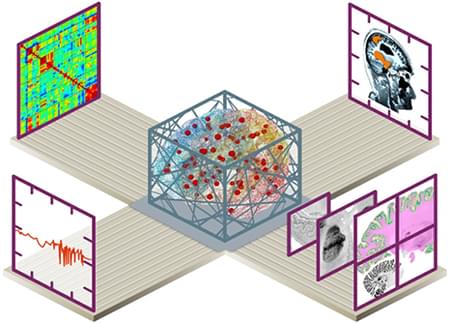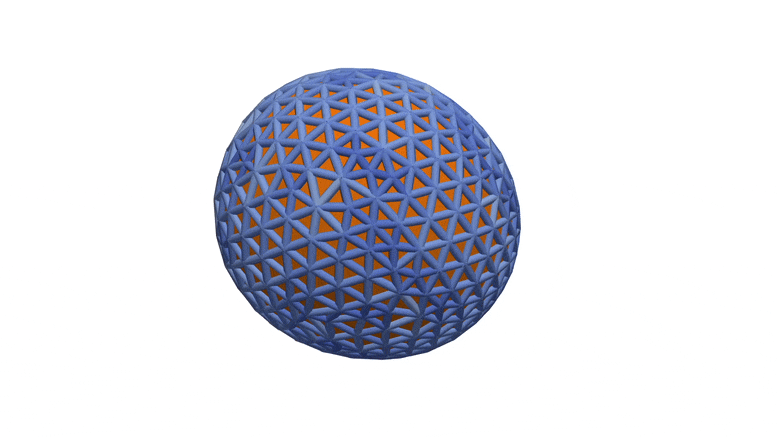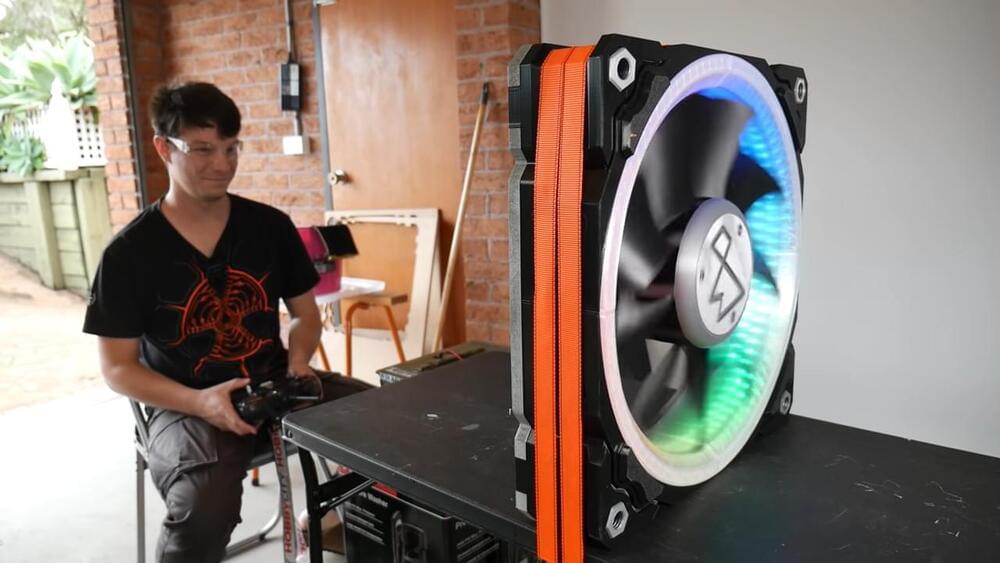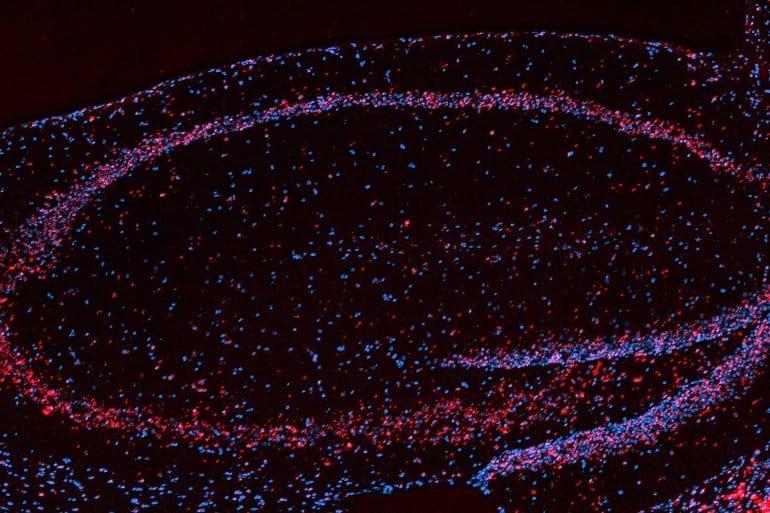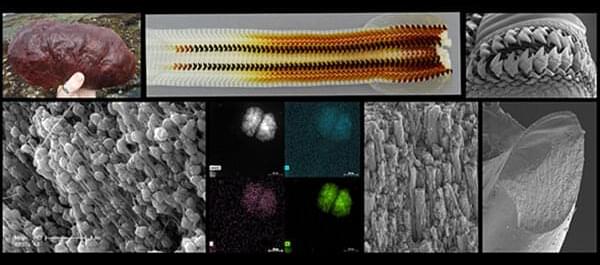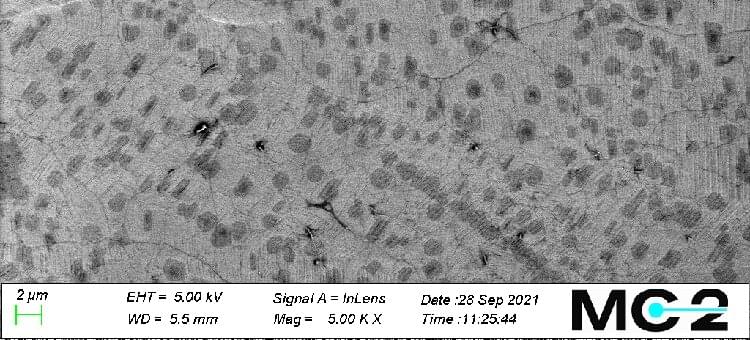
Ever since its discovery in 2004, graphene has received attention owing to its extraordinary properties, among them its extremely high carrier mobility. However, the high carrier mobility has only been observed using techniques that require complex and expensive fabrication methods. Now, researchers at Chalmers report on a surprisingly high charge-carrier mobility of graphene using much cheaper and simpler methods.
“This finding shows that graphene transferred to cheap and flexible substrates can still have an uncompromisingly high mobility, and it paves the way for a new era of graphene nano-electronics,” says Munis Khan, researcher at Chalmers University of Technology.
Graphene is the one-atom-thick layer of carbon atoms, known as the world’s thinnest material. The material has become a popular choice in semiconductor, automotive and optoelectronic industry due to its excellent electrical, chemical, and material properties. One such property is its extremely high carrier mobility.

